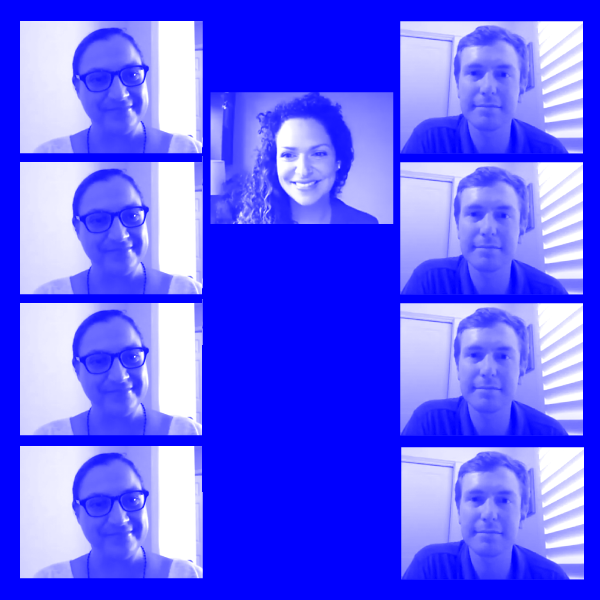Anthropologist Madeleine Clare Elish speaks with nurse practitioner Dina Sarro and Innovation Program Manager William Ratliff about their experiences integrating AI systems into hospital operations and the critical role nurses play to make the system work. The talk draws on Elish and Elizabeth Anne Watkins’ Data & Society report Repairing Innovation: A Study of Integration AI in Clinical Care Repairing Innovation.
When the Sepsis Watch app was first integrated into hospitals, it disrupted existing systems — such as power dynamics and information flows — that needed to be repaired. Rapid Response Team (RRT) nurses worked to mend these breakages — not physical breakages, but ones of social norms, expectations, and contexts. They applied their knowledge of the team’s schedules, inquired into the well-being of the physicians to understand their moods, and leveraged their clinical expertise (among other activities) to effectively integrate Sepsis Watch into the hospital’s clinical system. This work performed by the RRT nurses, which we refer to as “repair work,” was crucial to integrating Sepsis Watch, demonstrating how essential it is to recognize and value repair work in the integration of future AI systems.
Repair work is essential, and valuing it helps us reframe what’s at stake in “innovation.” Focusing on the role of repair expands our understanding of what constitutes innovation — who does it, what it looks like, and where it happens.
Audience Q&A follows the discussion.


